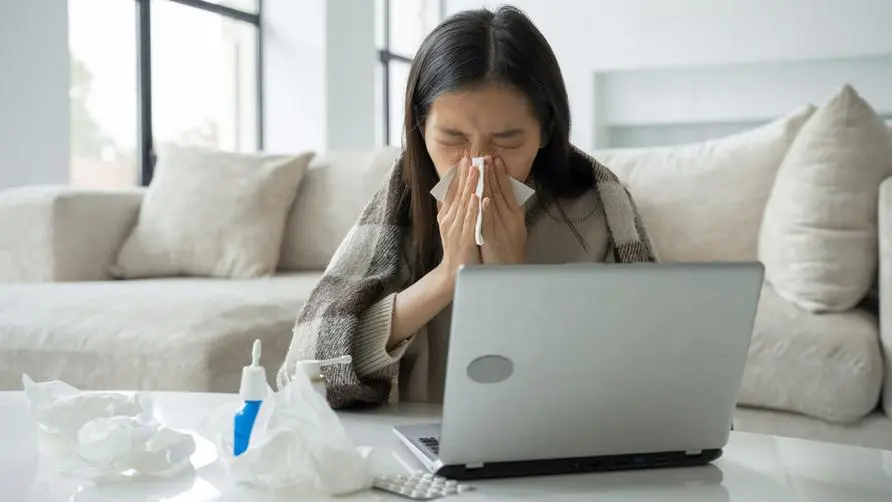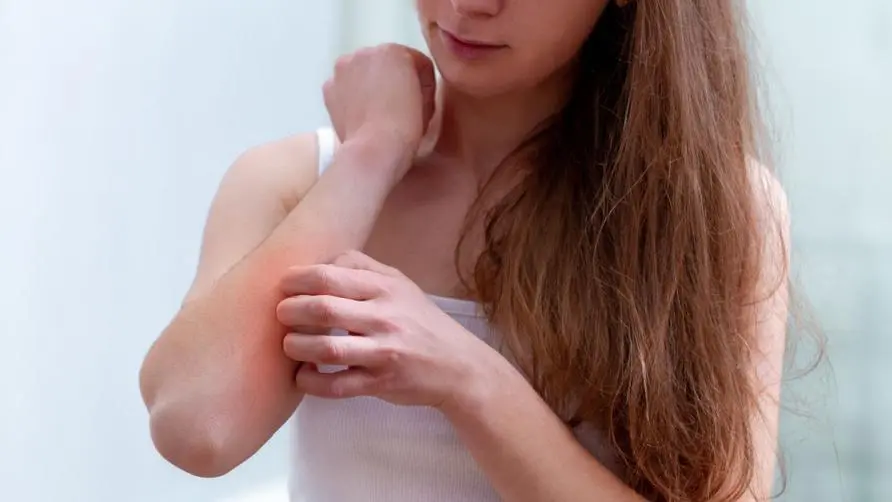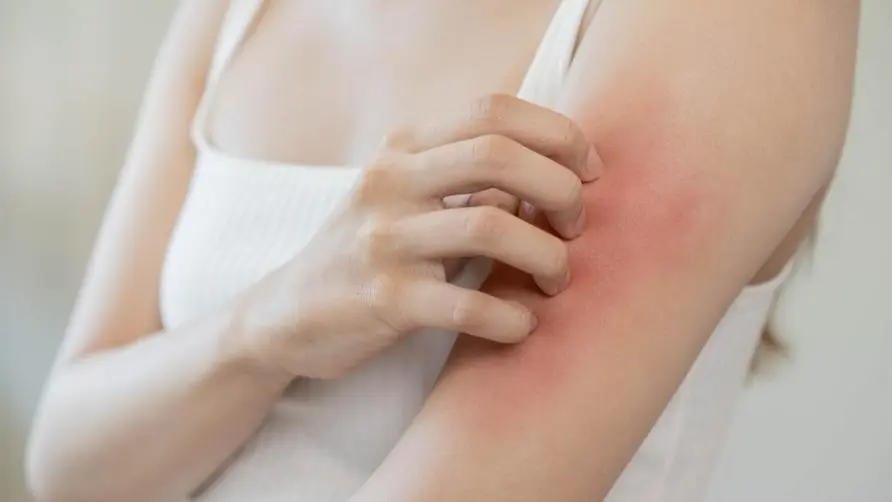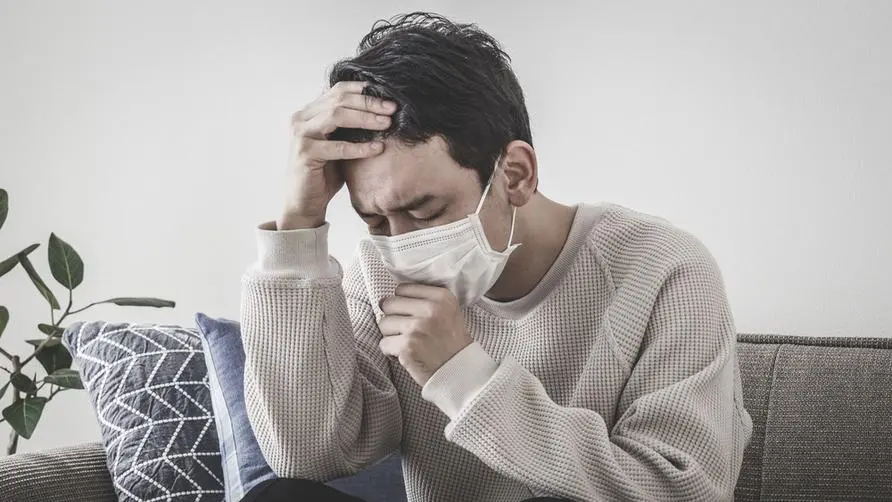Is there any solution for nasal allergies during seasonal changes? Doctors reveal "anti-allergy tips": 3 essential instruments and 2 things to do frequently
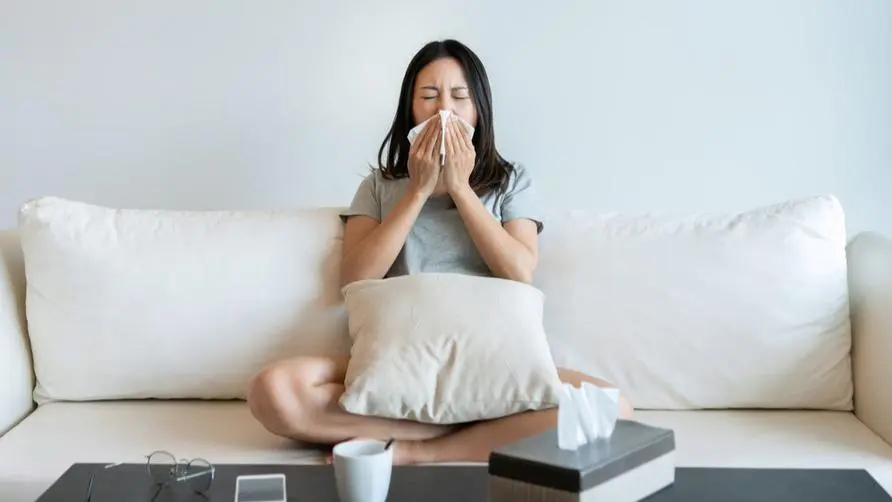
Why do I become allergic when the seasons change? Otolaryngologist reveals “2 major causes”
Why do patients with allergic rhinitis have more obvious symptoms such as runny nose and sneezing during the change of seasons? Dr. Wu Chengrong, director of the Department of Otolaryngology, Shuang Ho Hospital, Taiwan Ministry of Health and Welfare, said in an exclusive interview that the two main causes of seasonal allergies are “temperature” and “humidity.” Especially after autumn in northern Taiwan, the humidity gradually rises and the temperature drops sharply. All will cause the symptoms of allergic rhinitis to be more severe. “According to statistics, Taiwan’s allergic rhinitis population among 5-6-year-old children is ‘among the highest’ in the world, and the trend of improvement does not start until the age of 13-14.”
In addition to weather and air factors, Dr. Wu Chengrong also emphasized that during the change of seasons, dust mites and dust are easily accumulated on necessities such as long-sleeved pants, quilts and sheets, as well as allergenic foods such as peanuts, eggs, milk, soybeans, and shelled seafood. It is a major cause of allergic rhinitis. It is worth noting that according to research, if one parent suffers from allergic rhinitis, the risk of the child suffering from allergic rhinitis is 30%; if both parents have allergic problems, the risk of the child suffering from allergic rhinitis increases to 50%.
Failure to treat may lead to the “trilogy of allergies”! Doctors urge new parents to pay attention to “2 principles”
In addition, Dr. Wu Chengrong pointed out that allergic rhinitis is also prone to co-morbidity with other diseases. For example, about 25% have symptoms of allergic conjunctivitis; if the food allergy of newborns is not well controlled, it can easily develop into atopic dermatitis, allergic rhinitis or even asthma, leading to the “allergy trilogy” happened. Dr. Wu Chengrong pointed out that according to statistics, 60-70% of asthma patients in Taiwan suffer from allergic rhinitis, and 30% of allergic rhinitis patients suffer from asthma.
Based on the above, what measures can parents of newborns take to prevent their children from suffering from allergic rhinitis? Dr. Wu Chengrong suggests that parents can adopt two major principles:
Avoid exposure to environmental allergens. Avoid children coming into contact with allergens such as dust mites, dust, cockroaches, dog or cat hair, mold and other allergens; try to clean blankets, carpets and other furnishings regularly. Children’s pillows, quilt covers, quilts and sheets should be cleaned once a week. They can be used for 50-50 minutes before cleaning. Sterilize by soaking in warm water at 60 degrees Celsius.
Control the ambient humidity. Humidity will rise significantly in autumn and winter in the north, and dust mites or mold will also take advantage of the situation to grow. It is recommended that parents keep the air in their homes dry and control the humidity at about 50-55%. It is also recommended to have a dehumidifier and air purifier ready at home at all times. The former can be turned on for 1-2 hours to dehumidify in autumn and winter; the latter can be turned on when the continental cold air masses carry haze or dirty air. People who live near industrial areas can also turn on the dehumidifier. Can be used with discretion.
In addition, Dr. Wu Chengrong suggested that pregnant mothers can keep their body, mind and soul happy by going to bed early, getting up early and exercising moderately, which is beneficial to the health of the fetus.
What should I do if I have too much nasal secretions due to allergies? “1 instrument” achieves direct results
As for adults, allergic rhinitis is more likely to be severe during the change of seasons. What measures can help improve it? Dr. Wu Chengrong said that the general principle is to avoid contact with allergens and control the air quality and humidity in the home. In addition, if you have bad habits such as smoking, alcohol, and chewing betel nut, you should quit as soon as possible. In severe cases, in addition to taking antihistamine drugs, interventional treatment with “nasal spray” can also be used to relieve symptoms.
Dr. Wu Chengrong emphasized that if there is too much secretion in the patient’s nasal cavity, a “nasal washer” can be used to wash away the excess secretion and dirty air. Although the human nasal cavity can automatically eliminate allergens, when there are too many allergens around us or excessive secretions cannot be controlled, using a nasal rinser as an external auxiliary, just like washing your face or removing makeup, will have a more direct effect.
Finally, Dr. Wu Chengrong reminded patients with allergic rhinitis that there are many folk remedies, most of which have no scientific evidence and no substantial therapeutic effect. It is recommended that the public exercise regularly, get enough sleep and maintain a normal daily routine, which can help improve immunity and prevent allergic rhinitis. In addition, those with severe allergies should seek medical treatment as soon as possible to avoid affecting their daily life.
“By paying attention to environmental hygiene and continuing treatment, you have a chance to control allergic rhinitis. On the contrary, if you ignore it, allergic rhinitis may control your life!”
Further reading:


